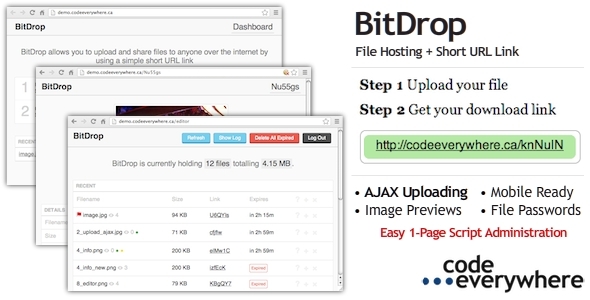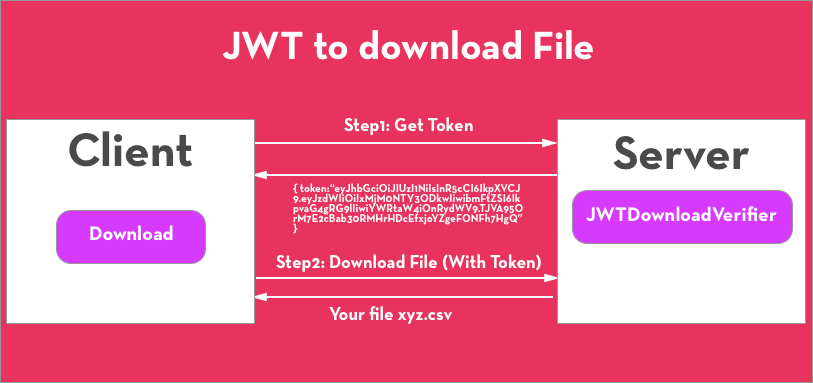The Drive API allows you to download files that are stored in Google Drive. Also, you can download exported versions of Google Documents (Documents, Spreadsheets, Presentations, etc.) in formats that your app can handle. Drive also supports providing users direct access to a file via the URL in the. Note: The author does not address handling security threats that are associated with the file download. This code is not intended for real-world use. A Beginners Guide to PHP Download Scripts Summer Sale: You can get 1 year of the Everything Club for $59! How To Download PHP files from Server. The and the result will be return to the client. So when you try to download the.php file, it will return you the html file. Downloading a file from server to client's computer. Ask Question. Up vote 2 down vote favorite. I have a folder in my root dir called files. This folder contains files ranging from 1 Kb-1 GB. I want a php script that can simply download a file asynchronously using AJAX. Download File to server from URL-1.
- Php Download File From Url To Clientline
- Php Download File From Remote Server
- Php Download File From Url
I want to write a text file in the server through Php, and have the client to download that file.
How would i do that?
Essentially the client should be able to download the file from the server.
Kent Fredric5 Answers
In addition to the data already posted, there is a header you might want to try.
Its only a suggestion to how its meant to be handled, and the user agent can chose to ignore it, and simply display the file in the window if it knows how:

See Rfc2183 for more on the Content-Disposition header.
Kent FredricKent FredricThis is the best way to do it, supposing you don't want the user to see the real URL of the file.
Additionally, you could protect your files with mod_access.
FlaviusFlaviusPHP has a number of very simplistic, C-like functions for writing to files. Here is an easy example:

It's a very basic example, but you can find more references to this sort of operation here:
AnthonyAnthonyIf you set the content type to application/octet-stream, the browser will ALWAYS offer file as a download, and will never attempt to display it internally, no matter what type of file it is.
tylerltylerlPhp Download File From Url To Clientline
Just post a link on the site to http://example.com/textfile.php
And in that PHP file you put the following code:
That way you can create the content dynamic (from a database)...Try to Google to oter 'Content-Type' if this one is not the one you are looking for.
To1neTo1neBecause most modern browsers display PDF and media files inline, use the PHP programming language — which allows you to change the HTTP headers of files that you’re writing — to force the browser to download rather than display a given file type.
Php Download File From Remote Server
You'll need PHP on the web server where your files will be hosted, a file to be downloaded, and the MIME type of the file in question.
How to Use PHP to Force a File to Download
This process requires two separate steps. First, you'll create a PHP file that governs the file you wish to protect, and then you'll add a reference to that PHP file within the HTML of the page in which it appears.
After you upload a file to the server, create a PHP document in a text editor. If, for example, you wish to force sample.pdf to download instead of to display inline, create a script like this:
The content-type reference in the PHP is important — it's the MIME type of the file you're protecting. If, for example, you saved an MP3 file instead, you'd need to replace application/pdf with audio/mpeg.
There should be no spaces or carriage returns anywhere in the file (except after a semi-colon). Blank lines will cause PHP to default to the MIME type of text/html and your file won't download.
Php Download File From Url
Save the PHP file to the same location as your HTML pages. Then modify the page's link to the PDF as follows:
Considerations
Two important considerations govern this procedure. First, if someone discovered the direct link to the PDF file, he or she can access it directly without the PHP getting in the way. Second, you'll need PHP protection for each file you wish to protect using this quick-and-easy approach. To protect several files in this manner, it makes sense to name the protected file and the PHP file with the same name, differing only in the extension, to keep everything straight.